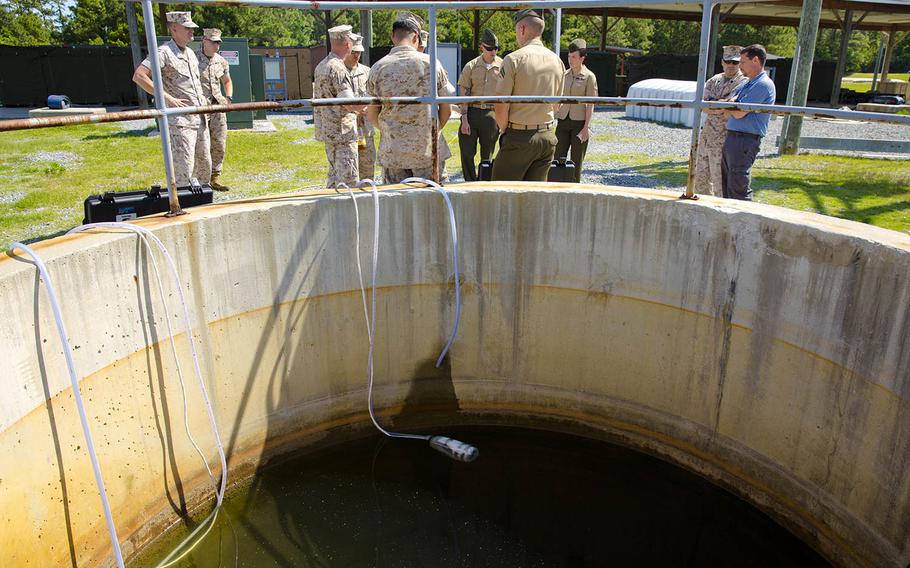Introduction
Camp Lejeune, a United States Marine Corps base located in North Carolina, has gained attention due to concerns about water contamination and its potential impact on various health conditions, including diabetes. In this comprehensive article, we delve into the possible connection between Camp Lejeune‘s water contamination and the development of diabetes. We’ll explore the history of the contamination, scientific research findings, and the experiences of the affected community members.
Camp Lejeune Water Contamination: An Overview
Camp Lejeune‘s water contamination issue dates back to the 1950s and 1980s when the drinking water supplied to the base’s residents was contaminated with various hazardous chemicals, including volatile organic compounds (VOCs) and industrial solvents. This contamination has been linked to a range of health problems, and there’s growing interest in understanding whether it could contribute to the development of diabetes.
Understanding Diabetes and its Risk Factors
Several risk factors contribute to the development of diabetes, including genetics, obesity, lack of physical activity, and poor diet. Recent studies suggest that environmental factors, such as exposure to certain chemicals, might also play a role.
The Potential Link between Contaminants and Diabetes
Emerging research has raised concerns about the potential link between exposure to certain contaminants found in Camp Lejeune’s water and an increased risk of diabetes.These disruptions could potentially contribute to insulin resistance and other mechanisms underlying diabetes.
Research Findings and Scientific Studies
Scientific studies investigating the relationship between Camp Lejeune water contamination and diabetes have yielded mixed results. Some studies suggest a modestly elevated risk of diabetes among individuals exposed to the contaminated water during critical periods of development. However, more research is needed to establish a definitive causal link between the contaminants and diabetes. The complexity of diabetes as a multifactorial condition makes it challenging to isolate a single cause.

Community Experiences and Health Concerns
The Camp Lejeune community has been deeply affected by the water contamination issue.These personal accounts emphasize the need for continued research and support for those affected by the water contamination.
FAQs about Camp Lejeune Water Contamination and Diabetes
Q: Can exposure to Camp Lejeune’s contaminated water directly cause diabetes? A: The relationship between water contamination and diabetes is complex.
Q: How can individuals potentially affected by Camp Lejeune’s water contamination protect their health?
Q: Are there any ongoing efforts to support Camp Lejeune’s affected community members?
A: Individuals should consult medical professionals, inform them about their exposure history, and undergo appropriate medical assessments and tests.
Q: How can further research contribute to understanding the link between water contamination and diabetes?
Conclusion
While there is ongoing research and concern surrounding the potential link between Camp Lejeune water contamination and diabetes, it’s essential to approach the topic with a balanced perspective. The scientific community is actively investigating the relationship, and the experiences of the affected community members underscore the importance of continued research, support, and awareness.



